Medical Marijuana in Texas
Start Your Journey to Relief — Today
Thrive Medical Cannabis makes it simple for Texans to qualify for medical cannabis with convenient virtual consultations and same-day prescriptions.
Your first appointment is completely risk-free. If you don’t qualify for medical cannabis, we’ll refund 100% of your appointment fee — guaranteed.
Relief Starts Here — Without Leaving Home
No waiting rooms. No travel. Just compassionate care from the comfort of your home. Book your virtual consultation in minutes.
-
ALS is a progressive disease that affects nerve cells in the brain and spinal cord, leading to muscle weakness and difficulty with movement. Patients with ALS may qualify for medical cannabis to help with symptoms such as pain, spasticity, and appetite changes.
-
Patients on the autism spectrum may qualify for medical cannabis if symptoms such as anxiety, aggression, or self-injury interfere with daily life. Cannabis may be considered as part of a comprehensive care plan.
-
Patients with cancer, including those undergoing active treatment or with terminal diagnoses, may qualify for medical cannabis. Cannabis may help manage pain, nausea, appetite loss, and improve quality of life.
-
Lasts longer than 90 days
Has not improved with other treatments
Is connected to a chronic medical condition (like arthritis, neuropathy, fibromyalgia, or degenerative disc disease)
Can be safely treated with low-THC cannabis, as determined by your physician
If you’ve been living with persistent pain despite treatment, Thrive Medical Cannabis can evaluate your eligibility and guide you through the process.
-
Crohn’s disease is a type of inflammatory bowel disease that causes chronic digestive tract inflammation. Patients may qualify for medical cannabis to help manage abdominal pain, cramping, nausea, and appetite issues.
-
Patients with epilepsy or other seizure disorders may qualify for medical cannabis if conventional treatments are not fully effective. Cannabis may help reduce seizure frequency and severity.
Qualifying Conditions for Medical Cannabis
If you live with one of the conditions below, you may be eligible for a medical cannabis prescription.
-
This includes conditions such as Parkinson’s, Huntington’s, and Alzheimer’s disease. Medical cannabis may help with symptoms like tremors, muscle stiffness, and sleep disturbances.
-
Patients with IBD, including ulcerative colitis, may qualify if symptoms like abdominal pain, diarrhea, or weight loss persist despite treatment. Cannabis may provide symptom relief and improve quality of life.
-
MS is a condition where the immune system attacks the nervous system. Patients may qualify for medical cannabis to help with spasticity, pain, muscle stiffness, and fatigue.
-
PPatients with PTSD may qualify for medical cannabis if symptoms such as anxiety, flashbacks, or sleep disturbances interfere with daily functioning. Providers may conduct an assessment if PTSD has not been previously diagnosed.
-
Spasticity is a condition where muscles remain contracted or stiff due to neurological issues (such as MS, cerebral palsy, or spinal cord injury). Patients may qualify for cannabis treatment to help relieve these symptoms.
-
Patients with TBI who experience chronic symptoms such as headaches, spasticity, or mood disturbances may qualify for medical cannabis as part of their treatment plan.
-
Thanks to House Bill 46, honorably discharged veterans in Texas may now qualify for medical cannabis for any medical condition—not just the specific ones listed in the law. If your provider believes cannabis could help you, you may be eligible.
To qualify under the veteran clause, please have:
• Proof of veteran status Accepted documentation includes:
DD214 (showing qualifying discharge)
Valid Military ID or Driver’s License with Veteran designation
VA-issued Veteran ID Card (VIC) or Veteran Health ID Card (VHIC)
VA Benefit Summary Letter or VA Letter of Service
NGB-22 (for National Guard) or NA Form 13038 (Certification of Military Service)
Texas Veterans Commission Verification Letter
All documentation must clearly confirm veteran status and character of discharge.
• Proof of Texas residency (driver’s license, state ID, or other government-issued ID).
• Any medical records you may have (optional, but beneficial in helping your provider make their determination).
Think you may qualify? Book your consultation today and find out.
How it works
-

Simple First Appointment
Your first appointment is easy — a Thrive provider will meet with you by phone, discuss your symptoms and medical history, and review your records to confirm your eligibility.
-

Prescription Entered into State Registry
Once you’re deemed eligible, your Thrive provider will enter your prescription into the Compassionate Use Registry of Texas (CURT). From there, you are free to contact any licensed medical cannabis dispensary in Texas to have your order filled.
-

Ongoing Support and Follow-Up
Your care doesn’t stop with your first prescription. Thrive will provide guidance, answer your questions, and help adjust your treatment as needed. Most patients return for a follow-up every 6 months to renew their prescription and keep their care on track.
“I was nervous about starting medical cannabis, but Thrive made the process so simple. My provider explained everything clearly, answered all my questions, and I never had to leave home. Within a few weeks, I noticed a huge difference in my pain and sleep. I only wish I had done this sooner!”
— Mark R., Fort Worth
Patient Reviews
“From my very first call, Thrive treated me with kindness and respect. The whole appointment took less than 30 minutes, and my prescription was entered into the state registry the same day. The convenience of handling everything by phone was amazing. I felt supported every step of the way.”
— Lisa G., Austin
“As a veteran, I loved Thrive’s Hero Program offering 50% off. Not only did they make the process easy and respectful, but they also showed real gratitude for my service. The discount made care affordable, and the compassion I received made me feel valued. ”
— David H., U.S. Army Veteran
Founded by Heroes. Supporting Heroes.
At Thrive Medical Cannabis, supporting our heroes is personal. Our founders — Dr. Lisa Gardner, a physician serving Texans for over 20 years, and Trey Phillips, a retired Fort Worth Police Sergeant and SWAT Team Leader — are both heroes in their own right. They know firsthand the sacrifices made by those who serve.
That’s why we proudly extend our gratitude to veterans, first responders, medical professionals, and teachers with our Hero Program, offering a 50% discount on medical cannabis appointments.
At Thrive Medical Cannabis, our mission is simple: to help Texans access safe, effective relief through medical cannabis. Our experienced medical providers are state-certified and dedicated to guiding qualified patients with professionalism and compassion. With easy virtual consultations, you can receive a prescription without leaving home — backed by our commitment to honesty, reliability, and patient-first care.
Our Providers Serve the Entire State of Texas!
Schedule a Free Consultation
Relief is closer than you think. The Thrive Medical Cannabis team is here to guide you through every step and help you access medical cannabis in Texas with ease.
All appointment types are available by phone — simple, fast, and from the comfort of your home.



